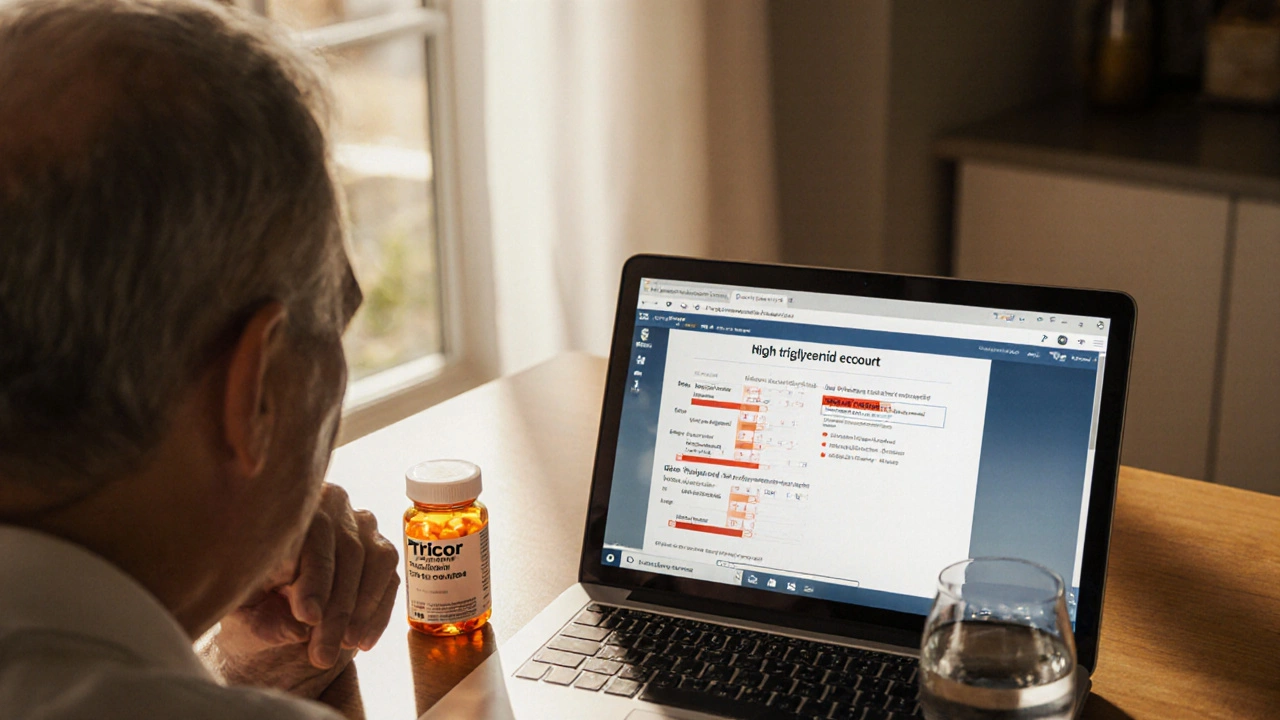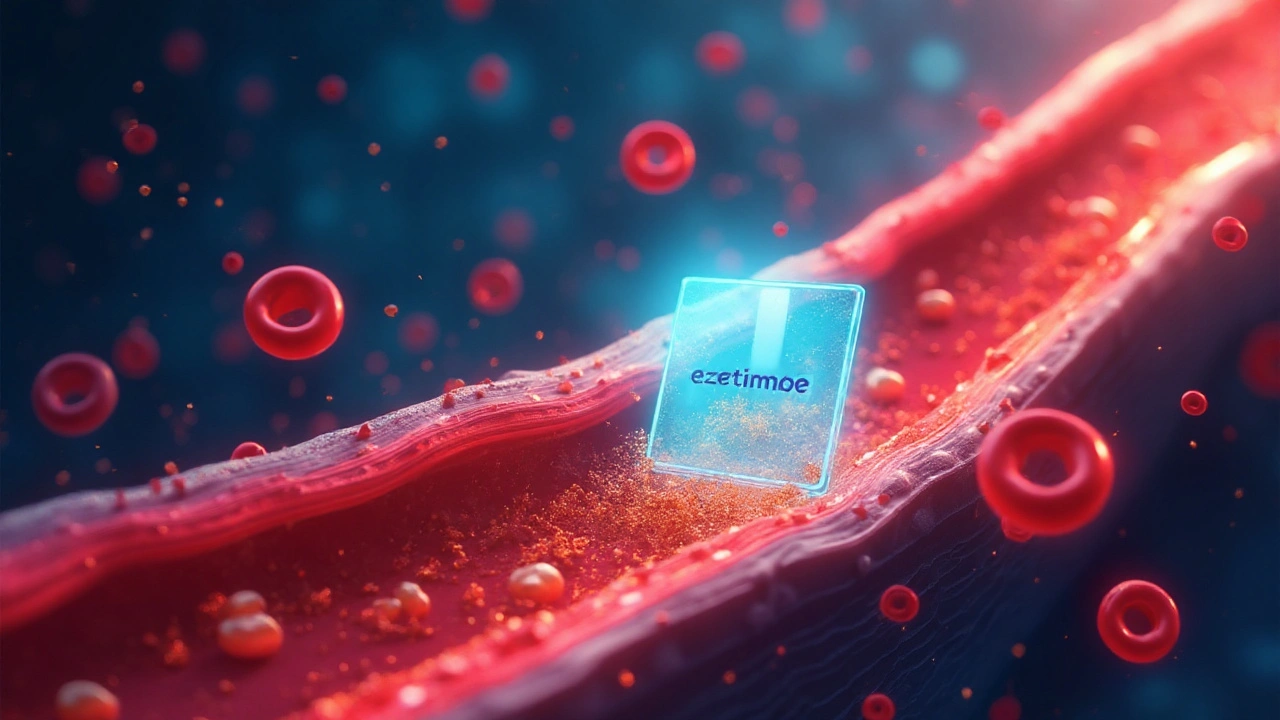Cholesterol medication: what you need to know
If your doctor mentioned a cholesterol drug, you might wonder what it does and if it’s safe. In plain terms, these meds help lower the bad LDL cholesterol that can clog arteries. Lower LDL means a lower chance of heart attacks and strokes. Below you’ll find the most common types, what to expect, and simple ways to use them correctly.
Common types of cholesterol meds
Statins are the go‑to drugs for most people. They block an enzyme in the liver that makes cholesterol, so your blood level drops within a few weeks. Popular names include atorvastatin, rosuvastatin, and simvastatin. Side effects are usually mild – muscle aches or a bit of stomach upset – but serious muscle problems are rare.
Ezetimibe works differently. It stops the intestine from absorbing cholesterol from the food you eat. You can take it alone or pair it with a low‑dose statin if the statin alone isn’t enough.
PCSK9 inhibitors are newer, injectable drugs like alirocumab and evolocumab. They’re for people who can’t reach target levels with pills alone, such as those with genetic high cholesterol. Injections are given once or twice a month and can cut LDL by half.
Bile‑acid sequestrants (e.g., cholestyramine) bind bile acids in the gut, forcing the liver to use up more cholesterol to make new bile. They can cause constipation, so they’re not the first choice for most patients.
Tips for safe use and getting the most out of your medication
Take your drug at the same time each day – many statins work best in the evening because the body makes most cholesterol at night. If you forget a dose, just take it as soon as you remember unless it’s almost time for the next one.
Don’t start or stop any supplement without checking with your doctor. Red yeast rice, for example, contains a natural statin and can add to the effect, increasing the risk of muscle pain.
Get your blood test done as your doctor recommends, usually every 3–6 months when you’re starting therapy. Seeing the numbers go down helps you and your doctor decide if the dose is right.
If you notice unexplained muscle soreness, dark urine, or severe stomach pain, call your doctor right away. Those could be signs of a rare but serious side effect.
Finally, remember that medication works best with lifestyle changes. A diet lower in saturated fat, regular exercise, and quitting smoking can boost the effect of any cholesterol drug.
ProKG offers detailed drug monographs, dosing tables, and interaction checkers for all the cholesterol meds mentioned here. Use our resources to stay informed and talk confidently with your healthcare provider.

Tricor (Fenofibrate) vs. Other Lipid‑Lowering Options: A Practical Comparison
A side‑by‑side look at Tricor (fenofibrate) versus statins, ezetimibe, omega‑3s and niacin, covering effectiveness, safety, cost and how to choose the right lipid‑lowering therapy.
Read More- October 3, 2025
- Neil Hirsch
- 16 Comments

Zetia (Ezetimibe) vs Other Cholesterol‑Lowering Options: A Practical Comparison
An in‑depth look at Zetia (ezetimibe), how it works, and how it stacks up against statins, PCSK9 inhibitors, bile‑acid binders, fibrates and more.
Read More- September 24, 2025
- Neil Hirsch
- 11 Comments